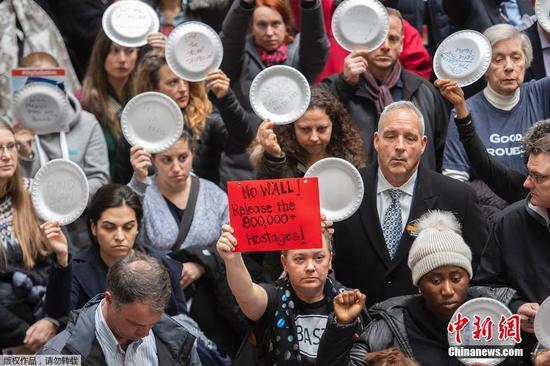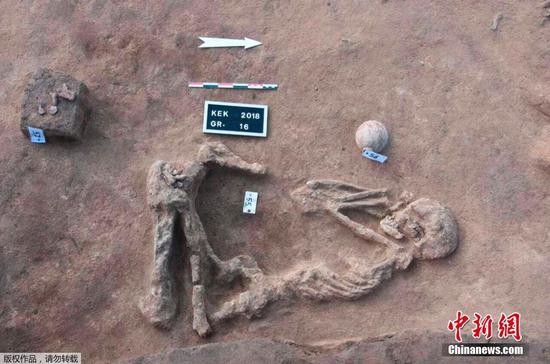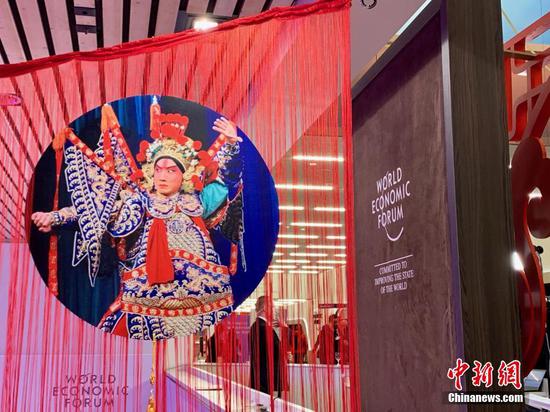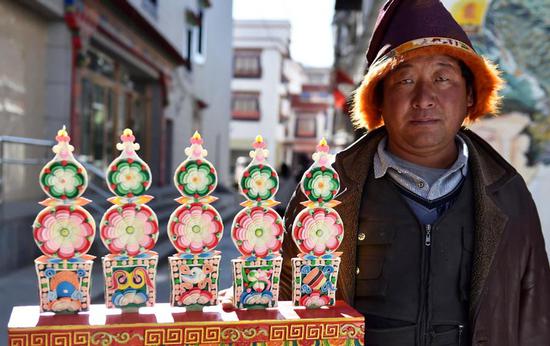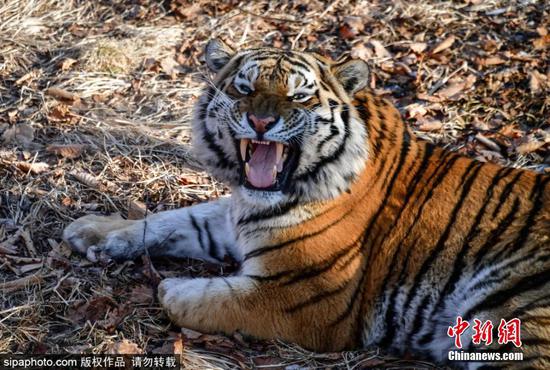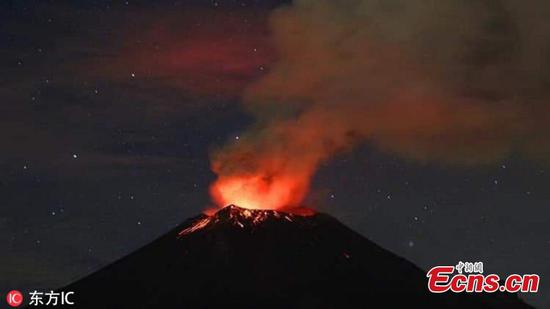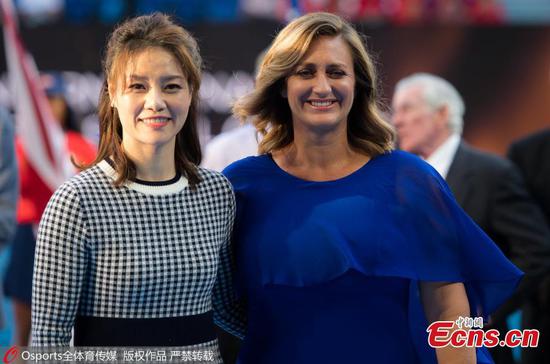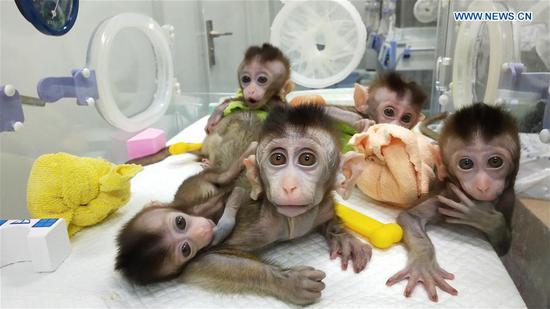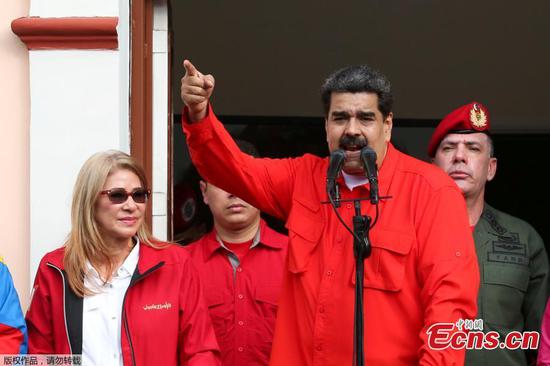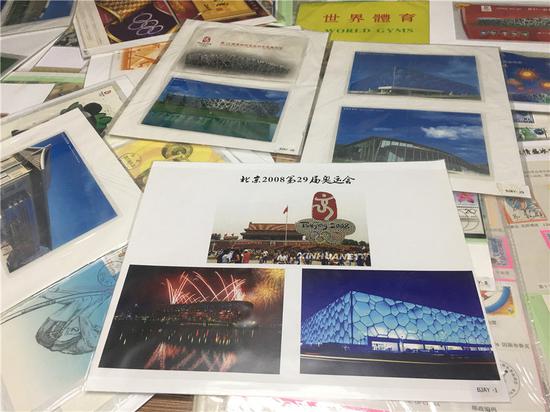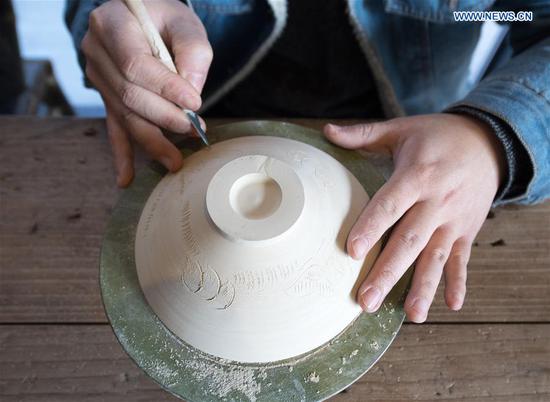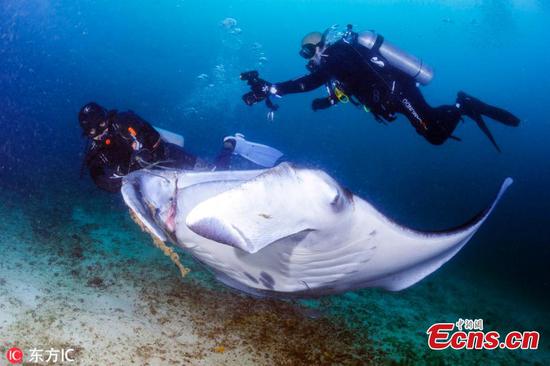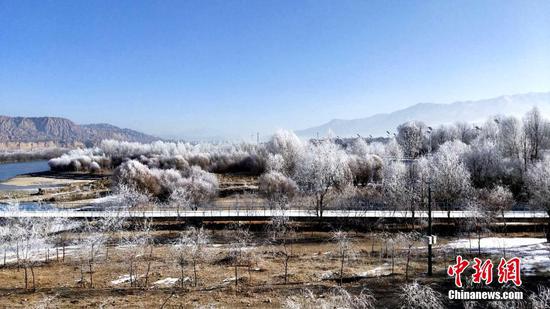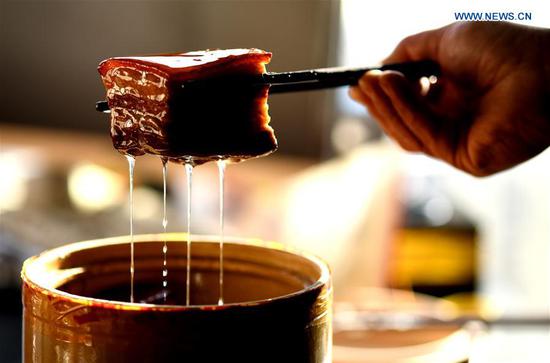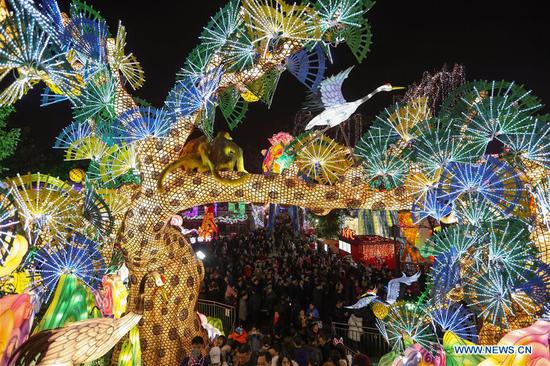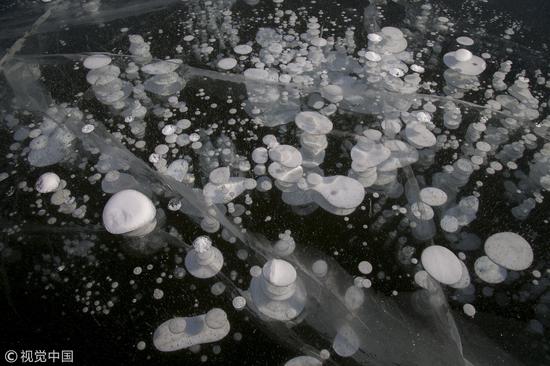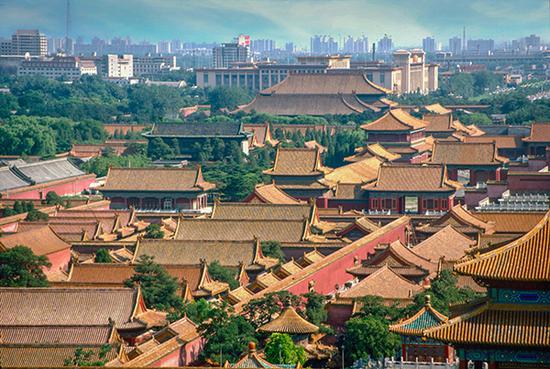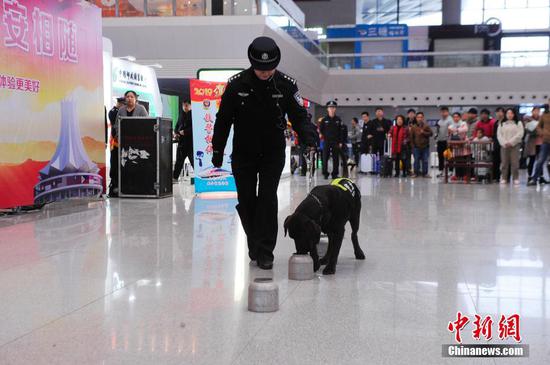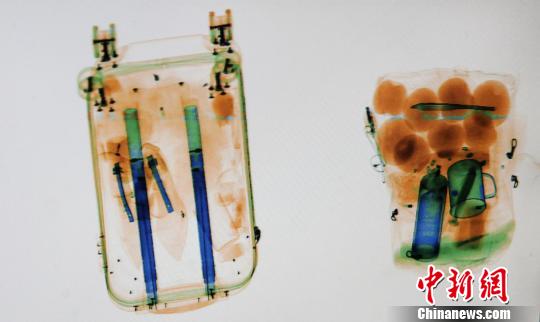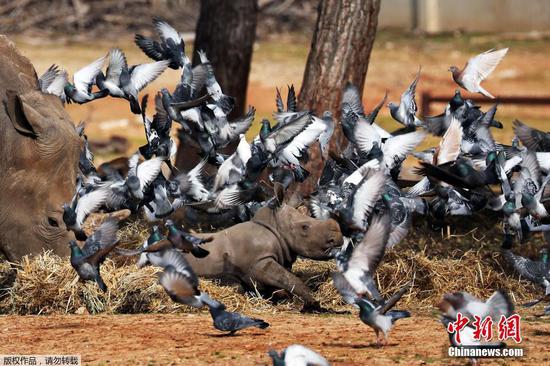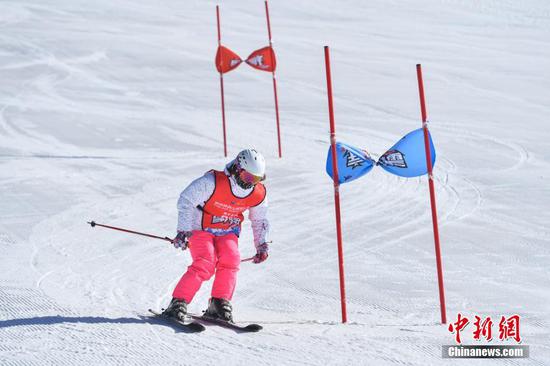Regulators will intensify efforts to find misleading labels, false advertising
Health supplements, including nutritional aids, are expected to be placed under intensified scrutiny this year to guard against illegal promotional activities, the top market regulator said on Thursday.
Market regulators across China will intensify their search for irregularities in the sector, including inconsistency between products' labeling and content, deliberate efforts to confuse food supplements with medications to mislead consumers, and exaggeration in product manuals of the effects of the products, said Zhou Shiping, chief of special food supervision under the State Administration for Market Regulation. Zhou spoke during a videoconference.
"Despite progress made in regulating the health supplements sector, a gap still remains between our supervision and public expectations," he said.
Authorities across China issued punishments in 58,000 violations of the law during the past year and a half that involved supplement businesses deceiving consumers and using fake promotions-with 13,000 suspects detained-since a multidepartmental campaign was launched in July 2017, he said.
"We will organize a special campaign this year focusing on fake promotions of such products to regulate their labeling and manuals, and hand out severe punishment to lawbreakers," Zhou said.
Sun Meijun, deputy head of the State Administration for Market Regulation, urged local market regulators to impose the strictest standards for supervision and raise penalties for lawbreakers to fight irregularities and ensure the safety of food, including supplements.
Rampant irregularities in the supplements sector have caught the public's eye recently, following media reports of health damage and deaths among consumers after using some products. A number of major health supplement producers and sellers have been investigated in the past month.
In Tianjin, Quanjian Nature Medicine Technology Development, a health products company, was accused by local authorities of building pyramid schemes and using false advertising after a media report in December saying a 7-year-old girl died after her parents halted her treatment at a hospital and instead gave her a herbal product that the company claimed had anti-cancer properties. Eighteen suspects, including the company's chairman, were detained for investigation.
Zhou said local market regulatory authorities must intensify routine supervision and inspection of health supplement producers to ensure product safety and quality. Strict oversight also should apply to sellers to combat illegal promotions in wholesale markets, supermarkets, e-commerce platforms, drugstores and other places.
"We will consider requiring health supplement producers to include warnings on labels to advise consumers that the products are not replacements for medicine and do not have the function of preventing or treating diseases," he said.
Shi Lichen, a medical analyst at Beijing Dingchen Consultancy, said that unlike drugs, which are under strict supervision, oversight of health supplements used to be very weak, and punishment for legal violations was usually too lenient. As a result, illegal activities such as advertising aimed at the elderly that exaggerated product effectiveness was very common.
"Various campaigns can temporarily check irregularities but cannot solve problems at the root," he said. "Improved legislation is necessary, and restrictive regulations on the sector should be rolled out as quickly as possible to cover both product manufacturing and marketing."









